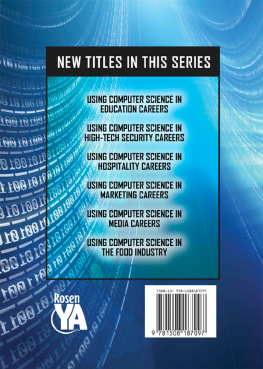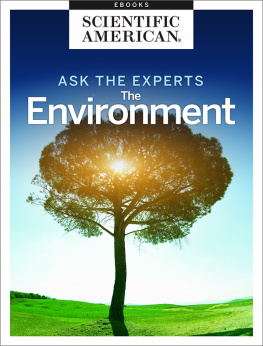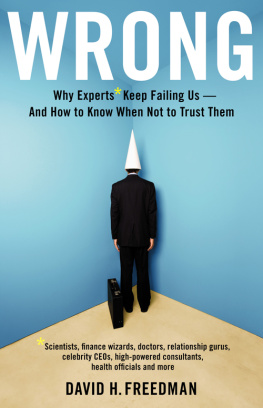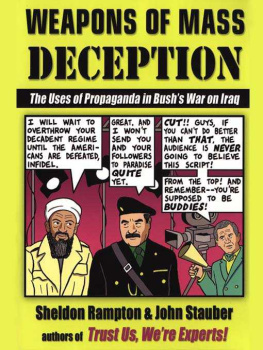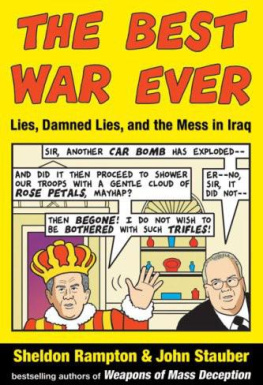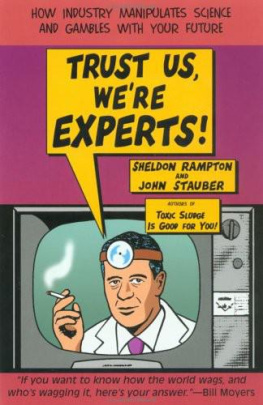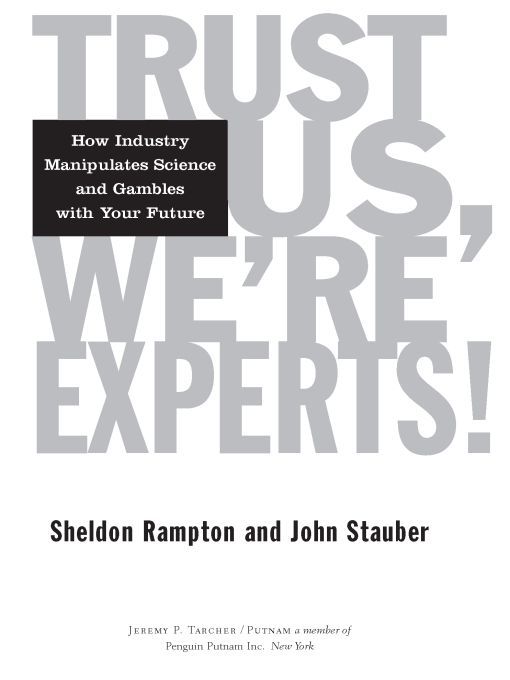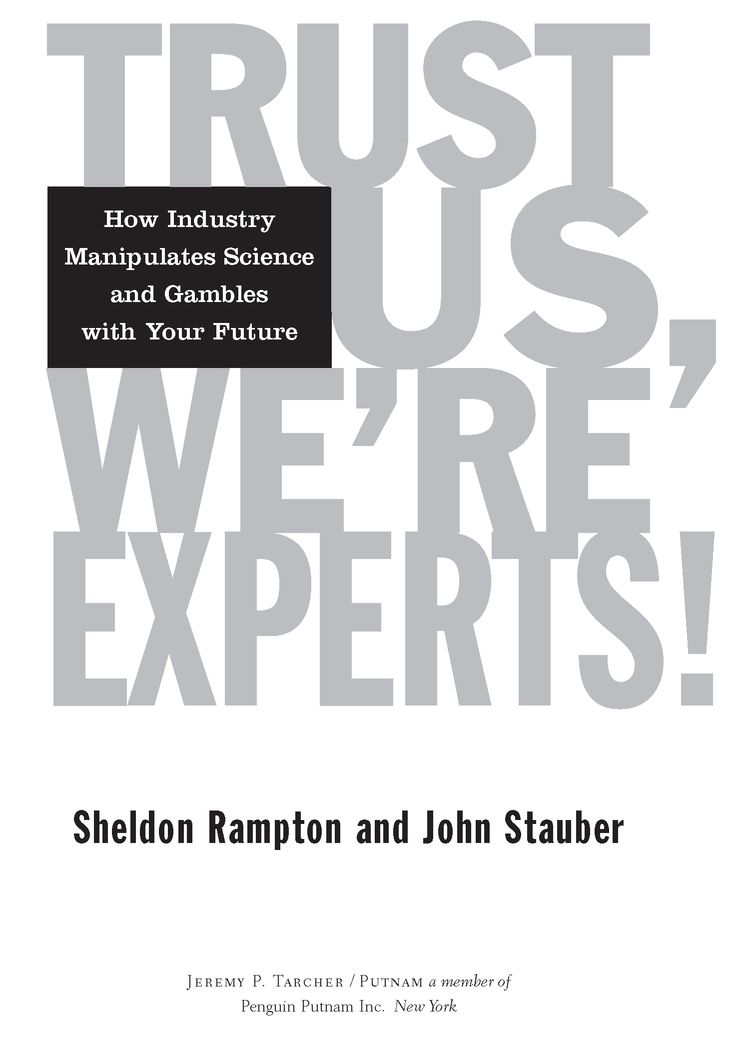Table of Contents
ALSO BY SHELDON RAMPTON AND JOHN STAUBER
Toxic Sludge Is Good for You!
Mad Cow U.S.A.
ACKNOWLEDGMENTS
Thanks to the Center for Media and Democracy, for whom we wrote this book and love working, and thanks to our CM & D colleagues Margo Robb and Laura Miller. The Center extends its appreciation to the staff and board members of the following nonprofit foundations whose financial support helped make this work possible: The Jenifer Altman Foundation, The Bydale Foundation, Carolyn Foundation, Changing Horizons Charitable Trust, Deer Creek Foundation, DJB Foundation, Foundation for Deep Ecology, Richard & Rhoda Goldman Fund, Grodzins Fund, HKH Foundation, The Litowitz Foundation, Jessie Smith Noyes Foundation, Inc., Rockwood Fund, Inc., The Stern Family Fund, The Florence and John Schumann Foundation, Turner Foundation, and The Winslow Foundation.
Many individuals provided us with friendship, support, ideas, criticisms, and inspiration over the years spent discussing, researching, and writing Trust Us, Were Experts. In particular we thank Grant Abert, Dan Barry, Sharon Beder, Ellen and Eddy Bikales, Charlie Cray, Chris Crosby, Harriett M. Crosby, Ronnie Cummins, Carol Bernstein Ferry, Sharon Holland Force, Michele Gale-Sinex, Jonathan Frieman, Ross Gelbspan, Wade Greene, Wendy Gordon, Michael Hansen, Emily Headen, Linda Jameson, David King, Eric Koli, Sheldon Krimsky, Donna Balkan Litowitz, Sue and Art Lloyd, Chris Manthey, Gerald Markowitz, Camy Matthay, Kevin McCauley, Bob McChesney, Joe Mendelson, Dave Merritt, Alida Messinger, Margaret Mellon, Peter Montague, Tim Nelson, Dan Perkins, Tom Pringle, Arpad Pustzai, Carolyn Raffensperger, Scott Robbe, Abby Rockefeller, David Rosner, Debra Schwarze, Judith Siers, Louis Slesin, Paul Alan Smith, Sandra Steingraber, Virginia Waddick, Nancy Ward, Denise Wilson, John Woodmansee, and Winifred Woodmansee.
We especially welcome the contributions of three gifted investigative journalists who allowed us to incorporate into the text some of their research and writing that originally appeared in the quarterly journal PR Watch: Joel Bleifuss for parts of Chapter 3, Deciding What Youll Swallow; Bob Burton for parts of Chapter 5, Packaging The Beast, as well as Chapter 10, Global Warming Is Good for You; and Karen Charman for parts of Chapter 7, Attack of the Killer Potatoes.
John extends special appreciation to his parents, John H. and Jean M. Stauber, and to his wife, Laurathanks for your endless faith, love, and patience. Sheldon thanks Dr. Carol Bernstein Levy and family members Renee Rampton, Debi Blanco, and Kenny Rampton for providing inspiration and examples.
Finally, we give our deep appreciation to some people without whom this book would not be: our insightful and patient editor, Hurricane Mitch Horowitz; our agent and sage adviser, Tom Grady; our trusting publisher, Joel Fotinos; Ken J. Siman and Allison Sobel of Jeremy P. Tarcher; and Johns longtime friend and mentor, Jeremy Rifkin.
PREFACE
The Smell Test
This world is run by people who know how
to do things. They know how things work.
They are equipped. Up there, theres a layer
of people who run everything. But we
were just peasants. We dont understand
whats going on, and we cant do anything.
Doris Lessing, in The Good Terrorist
Thisbook really began while we were researching our first book together, Toxic Sludge Is Good for You! In the course of that research, we came across a striking passage in a public relations strategy document, published by the U.S. Environmental Protection Agency, for marketing sewage sludge as farm fertilizer. The document noted that there was a major public acceptance barrier to this practicenamely, the widely held perception of sewage sludge as malodorous, disease causing or otherwise repulsive.... There is an irrational component to public attitudes about sludge which means that public education will not be entirely successful.
In other words, people are irrational because they think sewage stinks.
We found a strikingly similar passage while writing our next book, Mad Cow U.S.A., as we researched some of the unsavory practices used by the meat industry to dispose of its waste. One practice, called rendering, involves grinding up and cooking inedible animal parts and the corpses of diseased animals, which often arrive at the rendering plant in advanced stages of decomposition. Its a smelly process, as bad as or worse than what goes on in sewage treatment plants. Once again, we were struck by the way the industry dealt with odor complaints. Renderers had gone so far as to devise an instrument called a scentometera small rectangular chamber that contains two sniffing tubes for insertion into the nostrils. Using the tubes, a rendering plant manager could inhale filtered, theoretically odor-free air to get a sense of how it compared with ambient air odors. Based on this pseudoscientific testing system, the industry had managed to convince itself that its odors were nonexistent or negligible. One industry consultant termed neighbors odor complaints a form of Parkinsonian madness.
Once again, it seemed, the public was crazy if it detected any unpleasant odors. The evidence of neighbors noses couldnt be trusted. Their complaints were anecdotal, as compared to the reliable, scientific data produced by the scentometer.
The amazing thing about these passages was the serious, authoritative tone in which they were written. It would be one thing if these people were joking, but they were serious. They didnt just think that they were pulling off a good scam. They literally believed that their analysis was rational, objective, and reasonable, while their critics were deluded, prejudiced, and even emotionally unbalanced. They were the experts, and the public merely needed to be educated.
In the popular image, scientists are dispassionate, objective searchers after truth. A scientist, this model assumes, is someone whose pursuit of the truth begins with independent discovery, proceeds to criticism by peers, and then to publication and use for the common good. In recent years, however, this idealized image has come under challenge from a variety of critics. Most academic critics of science focus on structural and economic factors that create unconscious bias, whereas the activist campsenvironmental activists as well as the pro-corporate activists who campaign against junk sciencefocus on deliberately deceptive manipulations by corporate whores or environmentalist fearmongers. Unconscious biases do undoubtedly exist, as do deliberate deceptions. Yet neither of these explanations is adequate. In order to understand the manipulations that are practiced today in the name of science, it is necessary also to understand the particular habits and practices of a particular class of experts who specialize in the management of perception itselfnamely, the public relations industry.
Perceptions are real, proclaims the website of Burson-Marsteller, the worlds largest PR firm. They color what we see... what we believe... how we behave. They can be managed... to motivate behavior... to create positive business results (ellipses in the original).
This credo does not necessarily tell you much else about what Burson-Marsteller believes. Just as attorneys are hired to advocate the point of view of their clients, Burson-Marstellers job is not to hold opinions of its own but to promote those of its clients. And yet companies like Burson-Marsteller have become important arbiters in determining which experts appear on the public stage. Bursons clients have included the Philip Morris tobacco company, for which it created the National Smokers Alliance, and Union Carbide, whose reputation it helped repair in the wake of the Bhopal disaster. Like the experts that Burson-Marsteller helps cultivate and train to perform in the public arena, B-Ms own experts in perception management believe that the public


